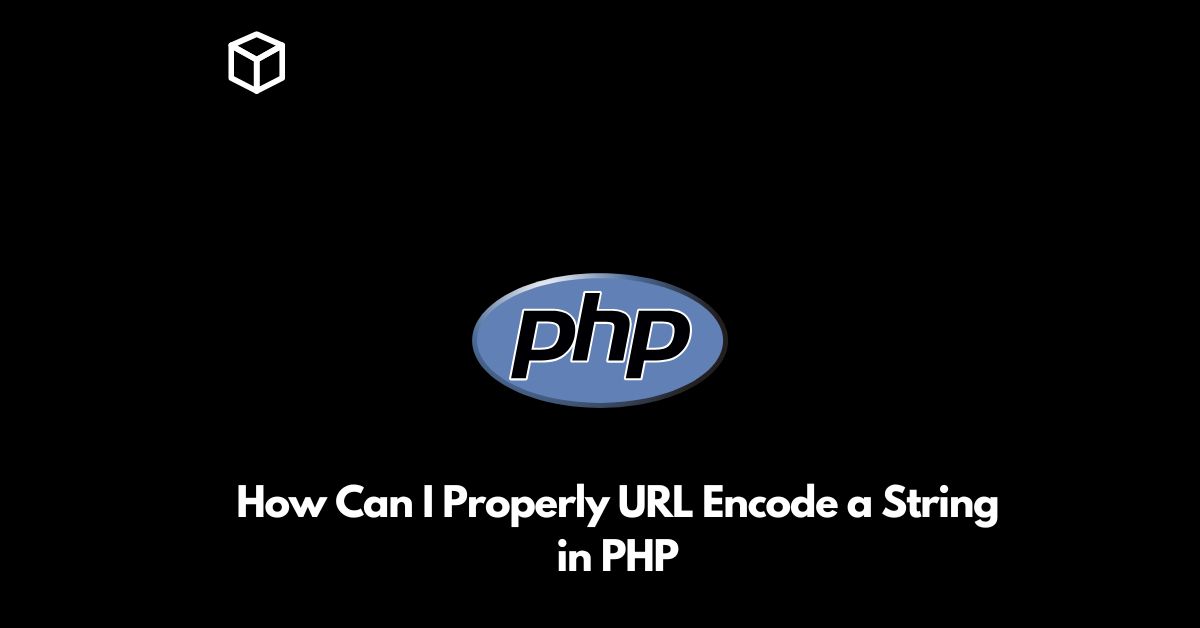The World Wide Web is a vast network of interlinked pages that contain resources, images, videos, and texts.
The way these resources are requested and returned is through URLs (Uniform Resource Locators).
URLs contain characters that are not allowed in the web browser.
URL encoding is the process of converting such characters into a format that can be transmitted over the Internet.
URL Encoding in PHP
PHP provides several functions for URL encoding and decoding.
The most commonly used function for URL encoding is “urlencode”.
This function is used to encode a string to be used in a query part of a URL.
It converts special characters, such as spaces and punctuation, into a format that can be transmitted over the Internet.
Syntax: The syntax for the “urlencode” function in PHP is as follows:
string urlencode ( string $str )
Consider the following code snippet in PHP
$url = "<a href="https://www.example.com/search?q=test+string">https://www.example.com/search?q=test+string</a>"; $encoded_url = urlencode($url); echo $encoded_url;
Output:
https%%3A%%2F%%2Fwww.example.com%%2Fsearch%%3Fq%%3Dtest%%2Bstring
As we can see from the output, the spaces in the original URL have been replaced by the “+” symbol, and the other special characters have been replaced by their URL encoded equivalent.
Conclusion
URL encoding is an essential aspect of web development, as it helps to ensure that URLs are transmitted correctly over the Internet.
PHP provides several functions for URL encoding and decoding, making it easier for developers to work with URLs.
The “urlencode” function is the most commonly used function for URL encoding in PHP, and it is easy to use and understand.
In this tutorial, we have covered the basics of URL encoding in PHP, including the syntax and an example to help you get started.





